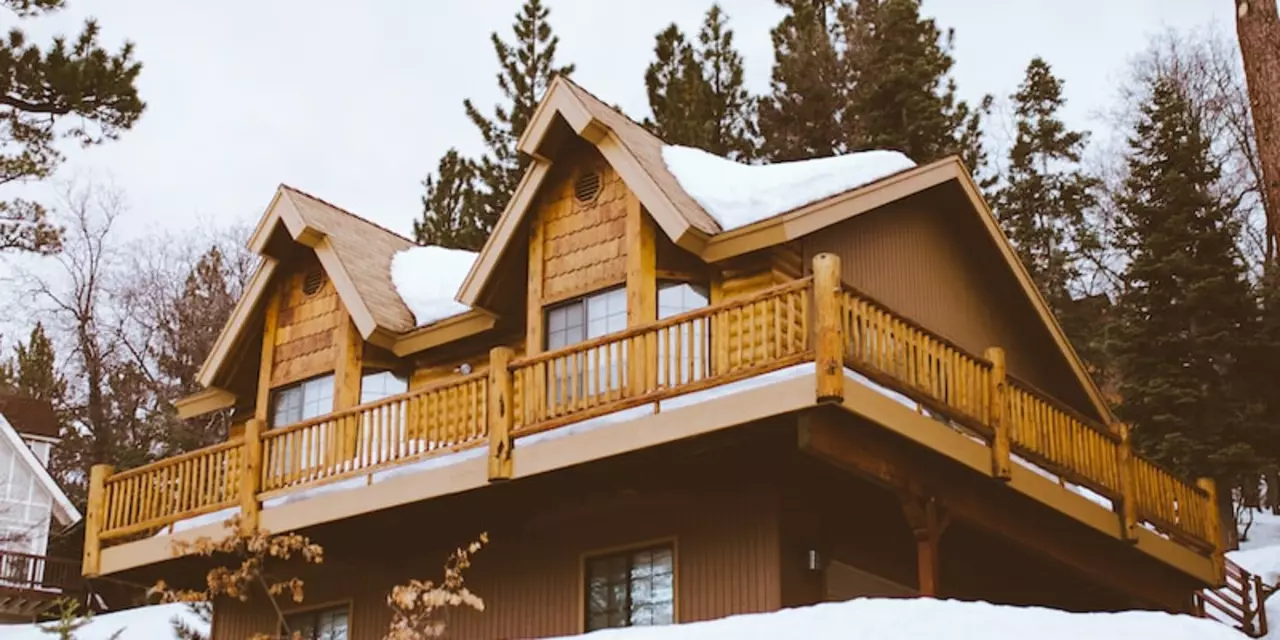How Does India's Climate Impact the Lifespan of a Concrete House?
India is a country with a wide range of climates, from the dry and arid regions of the west to the subtropical and tropical climates of the east. The climate of a given area in India can have a significant impact on the lifespan of a concrete house.In India’s dry and arid climate, concrete houses may last for many years. The lack of moisture in the air helps to prevent the formation of mold, mildew, and other forms of decay. The drier climate also helps to reduce the effects of freeze-thaw cycles, which can cause cracks in concrete structures.
In the subtropical and tropical regions of India, the lifespan of a concrete house can be dramatically reduced. The high levels of humidity in these areas can cause mold and mildew to form, as well as increase the rate of corrosion of steel reinforcements. The warmer temperatures in these regions can also cause the concrete to expand and contract more quickly, leading to cracks and other forms of damage.
In order to maximize the lifespan of a concrete house in India, it is important to choose high-quality materials and follow proper maintenance guidelines. Keeping the concrete house well-ventilated and well-drained can help to minimize the effects of mold, mildew, and corrosion. Additionally, regular inspections should be conducted to identify any potential problems and address them before they become too severe.
Understanding the Average Lifespan of a Concrete House in India: What to Expect.
When it comes to constructing a home, many people in India opt for concrete construction materials due to their durability and affordability. But how long does a concrete house typically last in India? This is a question that many prospective homeowners often have, and understanding the average lifespan of a concrete house in India can help you make an informed decision when it comes to choosing a construction material.The average lifespan of a concrete house in India is estimated to be anywhere between 30 to 40 years. This estimate is based on the quality of the concrete used and the maintenance that is carried out on the house. If the concrete is of good quality and the house is properly maintained, then the lifespan of the concrete house can be extended beyond 40 years.
It is also important to note that the lifespan of a concrete house is also affected by the environment it is constructed in. Poor maintenance and exposure to harsh weather conditions can drastically reduce the lifespan of a concrete house. For example, houses in coastal areas are exposed to saltwater and high humidity, which can cause corrosion and weakening of the concrete over time.
Overall, if you are looking to construct a concrete house in India, it is important to factor in the average lifespan of concrete houses in India. Make sure that the concrete you use is of good quality and that you carry out regular maintenance on the house to help extend its life. With proper care and maintenance, a concrete house can last for many years, providing a safe and secure home for you and your family.





